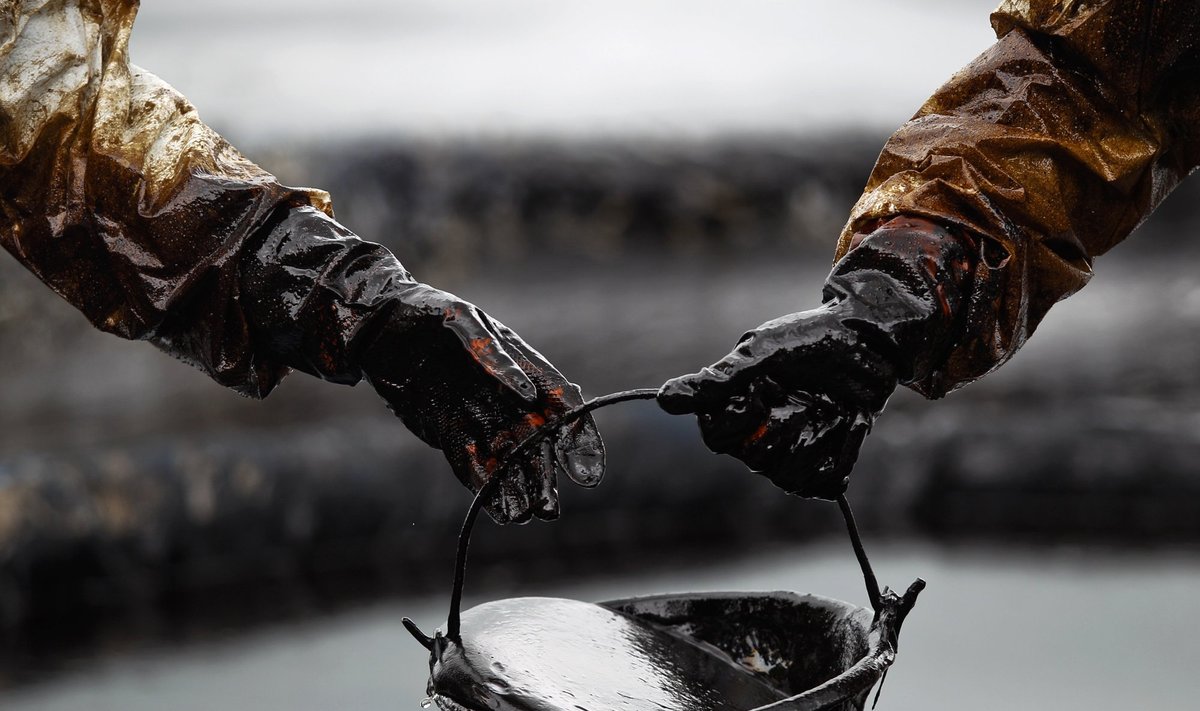MP Tomilinas argues that intentions to start using heavy fuel oil are horrible and incomprehensible.
“We have addressed the minister of energy, leadership of Vilnius city and heads of [district heating and hot tap water supply company] Vilniaus šilumos tinklai as to how much this would cost. The minister of environment has stated that emission allowances alone would cost EUR 24 million, excluding the cost of additional equipment that would have to be dismantled later,” said MP Tomilinas, a member of the Committee on Environment.
According to the politician, if heavy fuel oil is incinerated, the amount of particulate matter would increase hundreds of times and greenhouse gas emissions would rise enormously. Therefore, Democrats For Lithuania consider not only calling an emergency meeting of the Committee on Environment but also undertaking parliamentary control in the autumn session, as well as establishing an ad-hoc investigation commission to determine why Vilnius local self-government has not transitioned to using biofuel since 2017.
In their address, opposition MPs also inquire how much emission allowances and the installation of additional equipment would cost and whether the EU gave approval for incinerating heavy fuel oil as a substitute to natural gas, as well as if environmental and health impact analysis was carried out.
As reported, the EU has urged member states to cut natural gas use by 15% in case Russia stops supplying it. Minister of Energy Dainius Kreivys recently stated that Lithuania would not face a problem with natural gas. According to him, gas consumption in Lithuania is equal to the amount delivered to the liquefied natural gas terminal by 22 tankers. Whereas 15% of gas constitutes the amount delivered by three vessels.
According to the minister, it takes 1.5 tankers of natural gas to provide district heating to Vilnius, whereas a reduction in gas consumption might be achieved by Vilnius switching from natural gas to incinerating heavy fuel oil.
